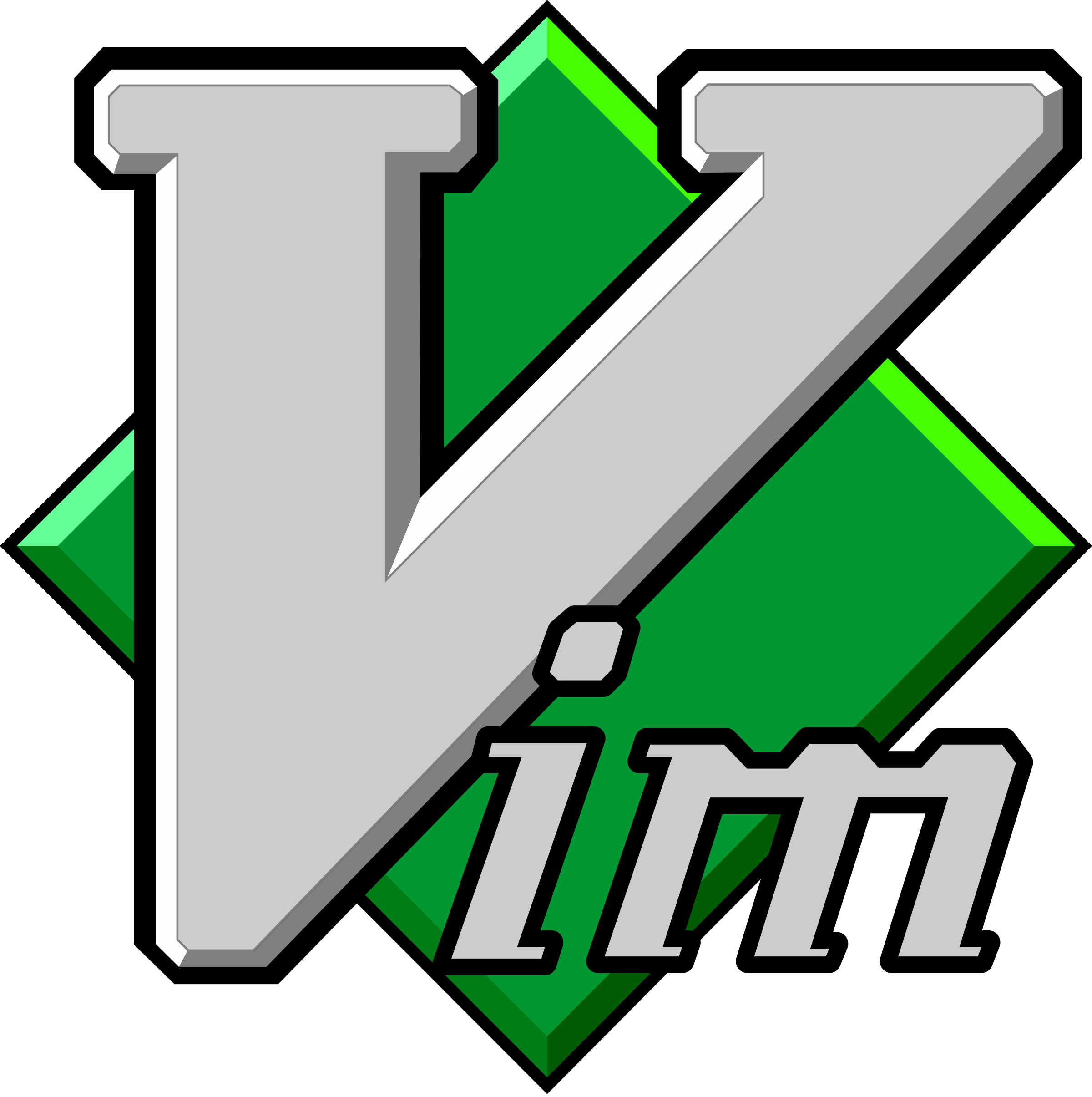
Training your Mutt
Mutt is a great mail client, in large part because it is extremely customizable. You can tweak Mutt’s behavior and have it do tricks that are nearly impossible to do with other mail clients – but it can be a bit daunting to get started with. Let’s take Mutt on a short trip to mail client obedience school and see how easy it can be to make Mutt handle mail just the way you want it to.





